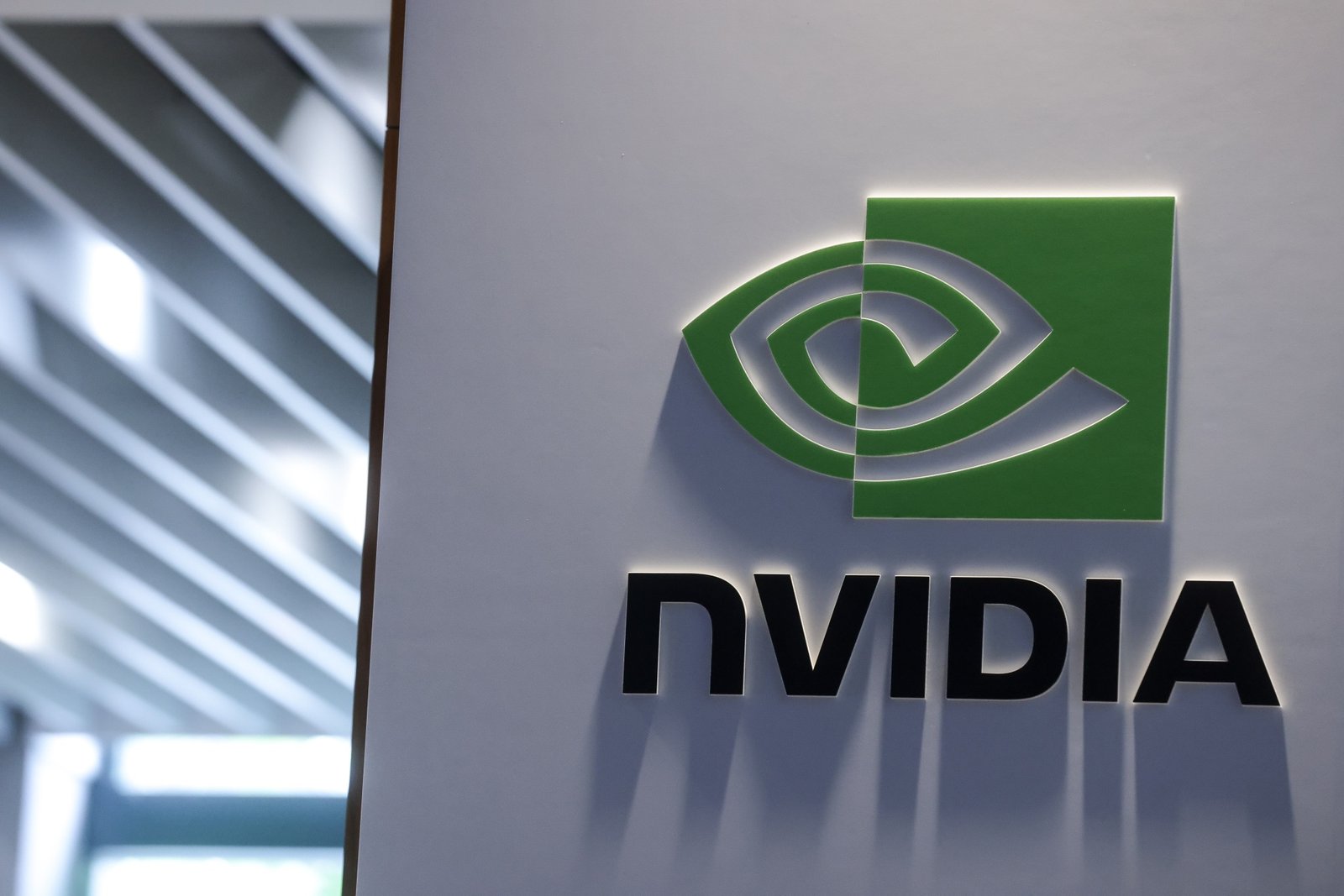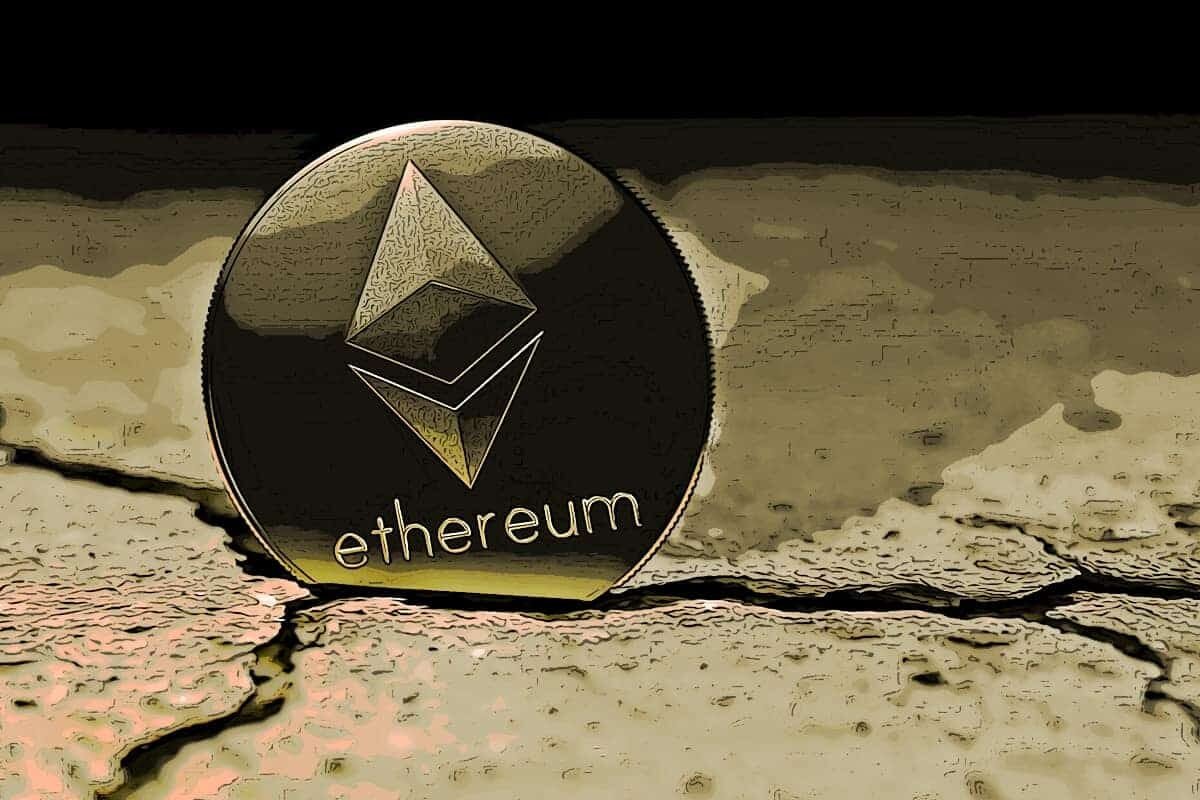Nvidia, a dominant force in the global AI chip market, is making a strategic move by launching a new series of AI chips specifically designed for the Chinese market. This initiative comes as a direct response to the increasingly stringent U.S. export controls that threaten to curb its business activities in China, the world’s second-largest economy.
In 2024, Nvidia plans to commence mass production of the H20 chip, the most potent in its lineup of China-specific AI chips. The H20, along with two other models—the L20 and L2—are engineered to comply with the latest U.S. restrictions, which were announced in October last year. These chips are part of Nvidia’s broader effort to maintain its significant market presence in China despite the regulatory hurdles imposed by the U.S. government.
Impact and Challenges
The U.S. government’s export controls, which have been gradually tightening over recent years, aim to limit China’s access to advanced semiconductor technologies that could potentially be used in military applications. These restrictions have forced Nvidia to redesign its products to comply with new regulations, impacting its business strategy and customer relationships in China.
Previously, Nvidia’s AI chips like the A800 and H800 had been tailored to meet the less stringent requirements of the Chinese market. However, under the new, tougher regulations, Nvidia faces the challenge of either cancelling existing orders or navigating the complexities of export licenses—a process that could disrupt its supply chain and sales.
Local Competition and Strategic Shifts
As Nvidia adapts its offerings, Chinese companies are increasingly turning to domestic alternatives. Companies like Huawei Technologies have started filling the gap with their own AI chips, such as the Ascend 910, which, while competitive, still face production challenges due to U.S. restrictions on chip-making facilities like TSMC from manufacturing high-performance AI chips.
Nvidia’s response to these challenges is crucial as it seeks to balance compliance with U.S. laws while sustaining its business growth in a vital market. The success of the H20, L20, and L2 chips will be indicative of Nvidia’s ability to innovate under pressure and maintain its foothold in the competitive and politically charged arena of global semiconductor trade.





























